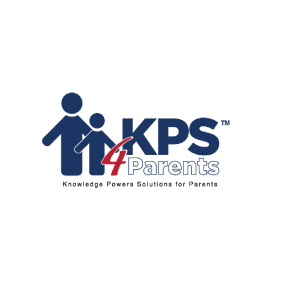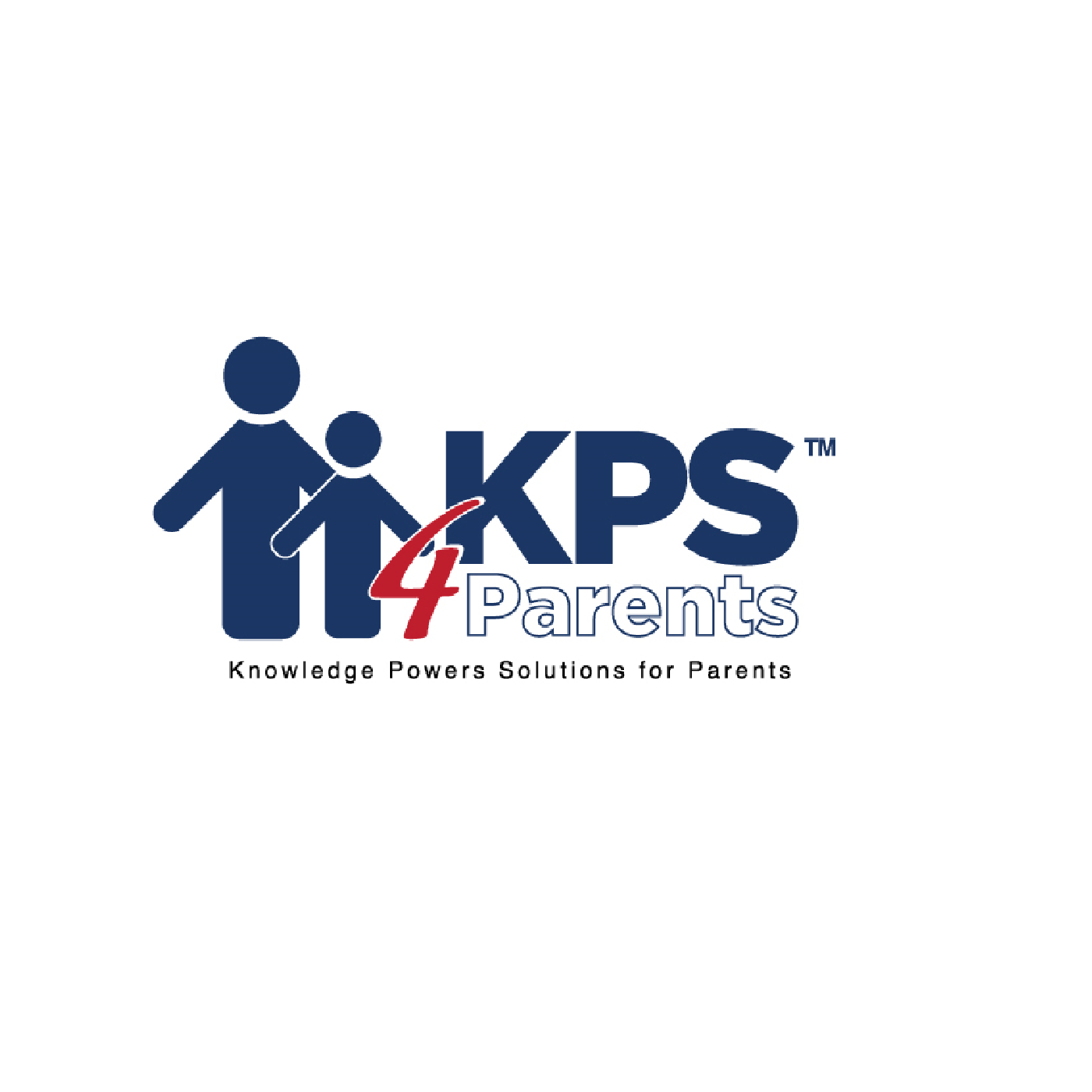Episodes

Friday May 01, 2020
USDOE Preserves the IDEA
Friday May 01, 2020
Friday May 01, 2020
 https://www.washingtonpost.com/education/2020/04/28/betsy-devos-gets-mixed-reaction-decision-leave-intact-law-educating-students-with-disabilities-during-pandemic/
https://www.washingtonpost.com/education/2020/04/28/betsy-devos-gets-mixed-reaction-decision-leave-intact-law-educating-students-with-disabilities-during-pandemic/
It’s now official: There will be no waivers of the Individuals with Disabilities Education Act (IDEA) during any time of sheltering-in-place and resultant school closures. Thanks to the efforts of many people, most notably the Council of Parent Advocates and Attorneys (COPAA), a national non-profit professional and volunteer organization of advocates and attorneys, working with the United States Department of Education, (USDOE), Secretary Betsy De Vos determined that no part of the IDEA should be waived at this time.
This is important because it’s no secret that most students, just in general, are going to regress in their learning because of the sudden school closures, putting them behind relative to the grade-level standards. Special education students are even more vulnerable to regression, but only special education students have a legal right to assert demands for compensatory education to make up for regression.
This suddenly creates inequity in favor of the special education students with respect to compensatory education, when is an unexpected turnabout. It's usually the other way around that the general education students have advantages over the special education students. What was originally meant to level the playing field for kids with special needs has now become an unfair advantage over the general education students with no enforceable right to compensatory education. That's something that needs to be addressed and rectified.
The degree to which a court may reduce the amount of compensatory education due to a special education student in light of the need for sheltering in place remains to be seen. In my lay opinion, there is an obvious need for some leniency. None of this was within any public education agency’s control and its commendable how so many educators stepped up their game during this crisis and continue to give us their best.
There is no way I could possibly diminish from that. It moves me in my heart and gives me faith that we can all somehow pull it together for all of our students, regardless of how each of them learns, if we all just collectively put forth the effort.
There is also the matter of the “snapshot rule.” In special education litigation, it is commonly known among attorneys and paralegals that an IEP cannot be judged with the benefit of hindsight. It has to be judged according to what was known or should have been known during the time at issue. This requires the trier of fact to look at the period at issue as a “snapshot” of what was known or should have been known during that time.
Given the unprecedented unique nature of the sudden school closures, and the pre-existing lack of a contingency plan in the event of something like it, what was known or should have been known by public school officials will require an unprecedented degree of scrutiny. This is because unforgivable errors are being, and will continue to be, hidden among the forgivable ones, and a few bad apples are already seeking to exploit the situation to get away with things for which they would otherwise normally be more likely to get caught.
So, how the law will be applied to the facts in the months and years to come ahead is something only time will tell. Given how conservative our Supreme Court has become, there is still cause for concern as to how the law will be enforced. The innovations that are happening around the country in response to campus closures are inspiring and shaping our understanding of what is realistically practicable.
This is important because the federal regulations require the public schools to deliver special education according to the peer-reviewed science to the degree that it is practicable to do so. Those who are innovating in public education, right now, are establishing the education community’s professional standards with respect to practicability in many regards.
In the effort to determine what was reasonable, given what was known or should have been known in light of the evidence, the innovations being reported around the country by clever educators should have shown up in the research of any educator searching the internet for solutions. This goes to what should have been known.
I am the last person to advocate for litigation unless there is just no other way to resolve the problem. I’m thinking about these things from a preventative standpoint, considering the consequences of what will happen if IEP teams don’t work together to figure things out, now. I am trying to think ahead and consider what can be done to prevent worst-case scenarios.
My motivation is envisioning what the worst-case scenarios would look like. That prompts me to consider what would have to go wrong to arrive at those outcomes, then backwards-chain the process to basically reverse engineer it and come up with preventative strategies that will hopefully steer things in a better direction. So, I don’t want to be all doom and gloom, here.
I am happy to celebrate the champions in all of this, but we still have a lot of work to do. Everything we do right now to prevent regression will be heartache we spare everyone in the near future when school starts back up, again, in the Fall. I want to encourage everyone impacted by school closures to do everything they can to prevent educational regression in their students.
The generational Cohort Effect of this pandemic will be something that affects our species for generations to come. How history remembers our responses to these sudden changes in our world depends on our collective decisions in the present.
We're going to have children who have lived in trauma for one reason or another throughout this period who will be re-entering our school system in need of supports that they would have not otherwise needed. Our kids already in the special education system are going to have more demanding needs upon their return. The more wisdom we can exercise today, the less regret we will have tomorrow.


No comments yet. Be the first to say something!